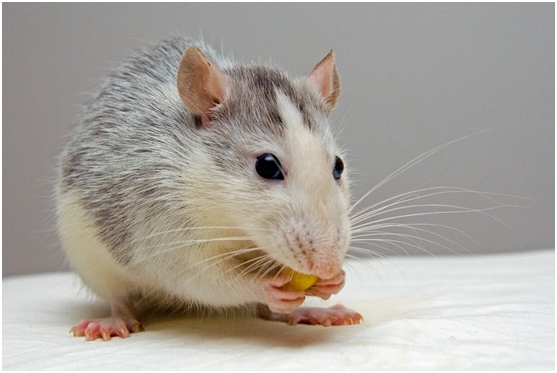Our current methods of combating malignant tumors are far from enough. Chemotherapy and radiation therapy, although sometimes successful, can have enormous side effects, mainly because other cells in the body are also exposed to chemicals and bombardment, although the main target is tumor cells. Finding a way to target tumor cells away from healthy cells is the direction that many researchers are working on, and a recent study suggests that nano- robots made of DNA may be an effective choice. The team extracted DNA from a virus and converted it into a DNA fragment. Then, put a single enzyme called thrombin (a chemical that can condense blood) on a single sheet, then roll it into a tube and store the thrombin inside. At the end of the DNA tube, the researchers bind a small piece of DNA to the molecules found in the tumor cells and guide the DNA nanobots. The idea is that once nanobots are introduced into an organism, they move around, and when those guided DNA molecules come into contact with those tumor-related molecules, they stick together. The DNA tube then opens, exposing thrombin in the body. Thrombin will condense the blood supplied to the tumor, effectively cutting off its nutrient supply and eventually killing it. To test their nano-robots, the researchers injected them into mice that infect human breast cancer cells and human ovarian cancer cells, as well as mouse models of human melanoma and lung cancer. In each case, nanobots prolonged the lifespan of mice, slowing or reversing tumor growth. In addition, in the case of the melanoma model, nano-robots seem to be able to prevent melanoma from spreading to the liver, whereas in lung cancer models, once tumor growth slows, the lungs even show the ability to begin self-healing. Of course, if the nano-robot itself poses a threat to humans, then the ability to treat the tumor is meaningless. But the team found that these robots did not condense blood outside the tumor and did not trigger any significant immune response in mice or pigs. Although these nanobots are still in the experimental stage and have not been tested in humans, they show great potential for treating cancer. "Our research shows that DNA-based nanocarriers have proven to be an effective and safe treatment for cancer," the researchers of the project said in a statement. "We are currently working with a biotechnology company to bring this revolutionary technology into a viable anti-tumor therapy." (Author: Yang Yang) Optical Network Unit/Optical Network Terminal/ FTTH/FTTB/FTTR PON Gateway Routers. Gpon Epon XPON OLT ONU ONT Shenzhen Scodeno Technology Co.,Ltd , https://www.scodenonet.com